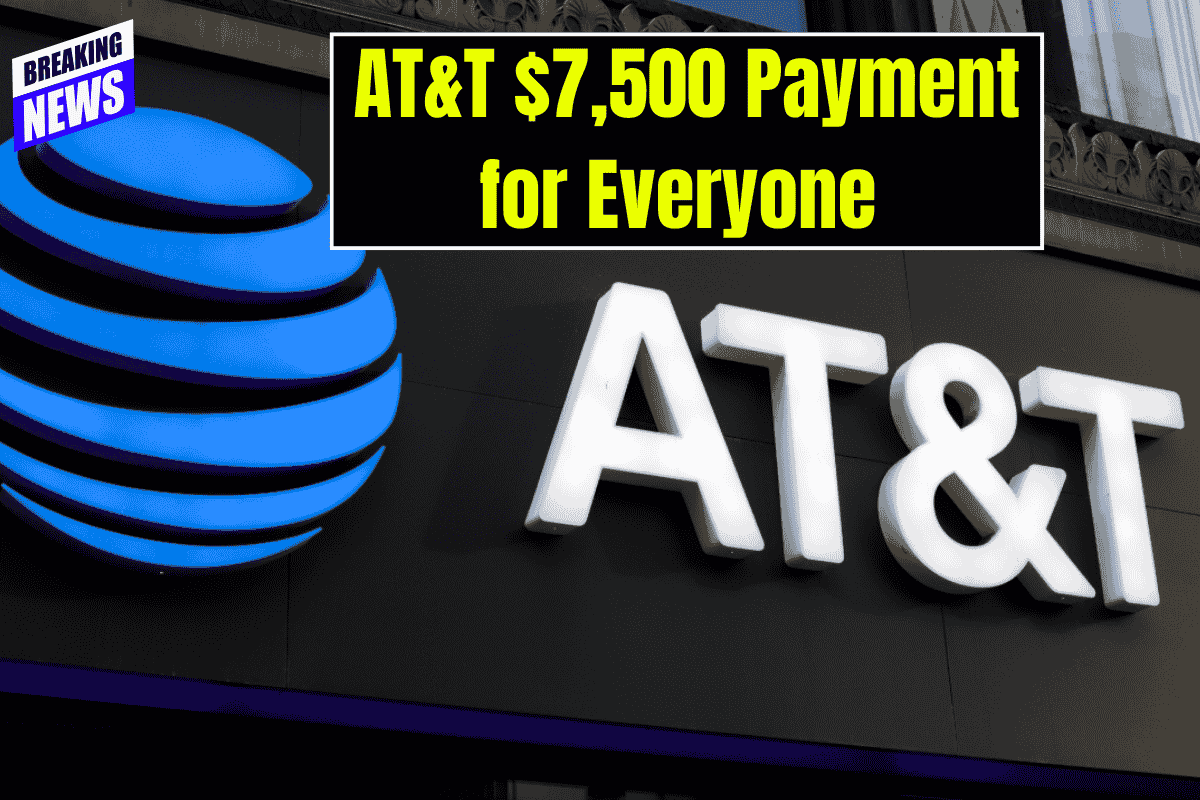Creating safe, humane communities is essential for public safety, and addressing the risks posed by dangerous dogs is an important part of that mission. However, breed-specific legislation (BSL) has proven ineffective, costly, and potentially discriminatory.
The best approach is to focus on negligent or reckless owners and individual dog behavior rather than targeting specific breeds.
Why Breed-Specific Laws Fail
Breed-specific laws attempt to regulate or ban certain types of dogs under the assumption that breed alone determines dangerousness. However:
- All dogs can bite — research shows breed is not a reliable predictor of aggression or attack risk.
- BSL leads to costly litigation — many municipalities face expensive lawsuits because these laws are often unconstitutional.
- Disability rights issues — BSL may violate protections under the Americans with Disabilities Act (ADA), preventing people with service animals of certain breeds from exercising their rights.
In short, breed-focused policies fail to improve safety while exposing communities to legal and financial risks.
Focus on Reckless Dog Owners
The American Bar Association (ABA) recognized these shortcomings in 2012 and passed a resolution urging local and state governments to:
- Adopt comprehensive, breed-neutral dangerous dog laws.
- Emphasize due process protections for owners.
- Focus on individual behavior of both owners and dogs.
Since then, many cities have repealed breed-specific ordinances and replaced them with laws that regulate based on owner responsibility and a dog’s demonstrated behavior. As of 2017, 21 states prohibit breed-specific legislation, signaling a nationwide shift toward breed neutrality.
Legal and Financial Consequences of BSL
Breed-specific ordinances frequently trigger expensive legal challenges. For example:
- In Russ v. Reynolds (2017, Ohio), courts ruled that breed-specific laws violated the state’s Home Rule Amendment, requiring municipalities to align with statewide breed-neutral laws.
- Across the U.S., lawsuits against municipalities enforcing BSL have cost taxpayers millions of dollars.
This underscores the importance of laws that can withstand constitutional scrutiny while still protecting public safety.
Breed-Specific Laws and the ADA
BSL can also conflict with the Americans with Disabilities Act. In cases like Sak v. City of Aurelia, Iowa (2011), courts recognized that banning specific breeds prevented people with disabilities from using service dogs of those breeds.
The U.S. Department of Justice has stated it is inconsistent with the ADA to defer to local ordinances banning certain breeds, since doing so unfairly limits the rights of individuals with disabilities.
The Path Forward: Accountability Over Breed
True community safety depends on holding negligent and reckless dog owners accountable for their pets’ actions. Laws should:
- Target dangerous behavior, not breed.
- Require proper restraint, supervision, and training of dogs.
- Ensure due process for owners while protecting the public.
By focusing on accountability and responsible ownership, communities can avoid costly litigation, uphold civil rights protections, and create safer environments for both people and pets.












